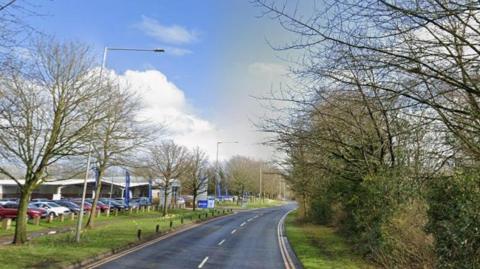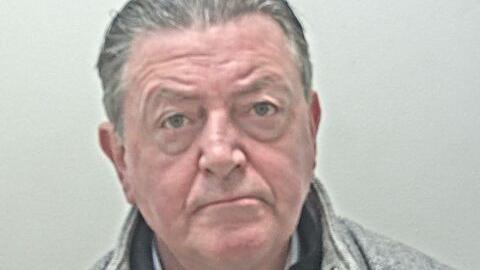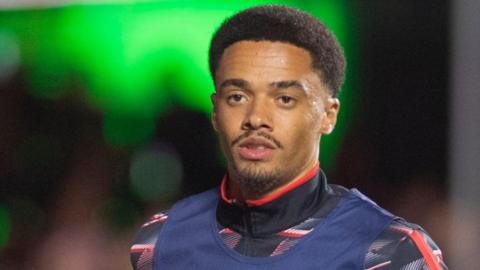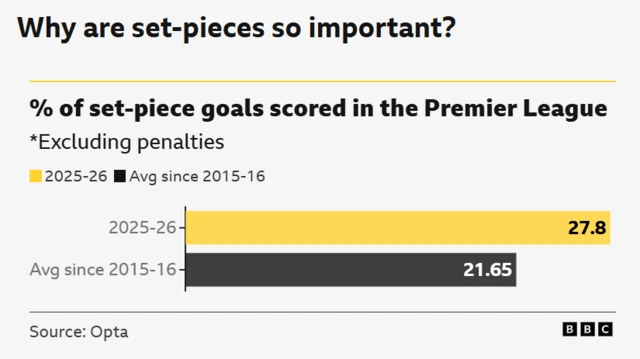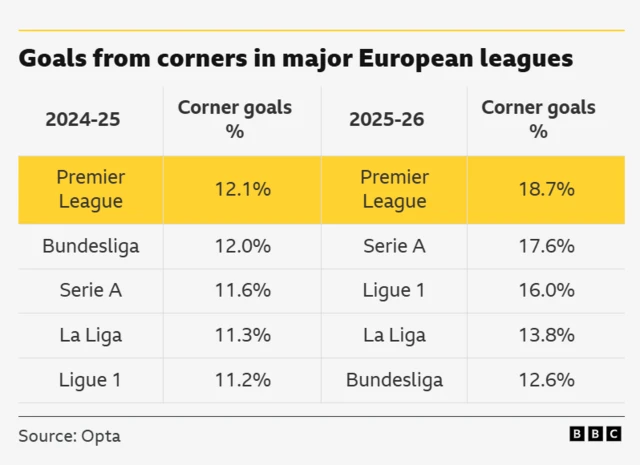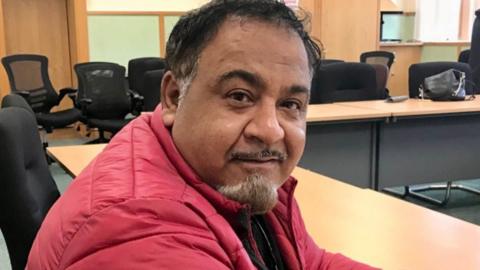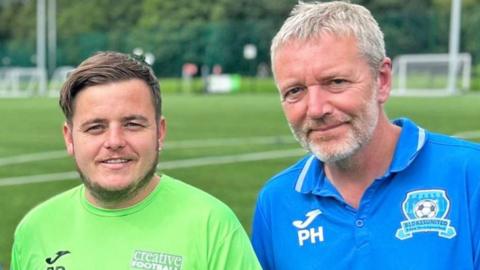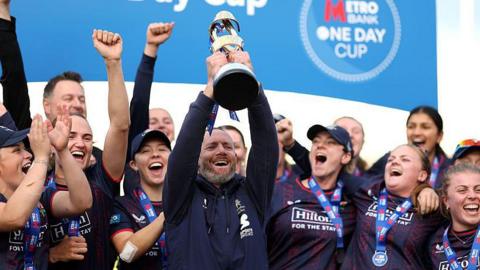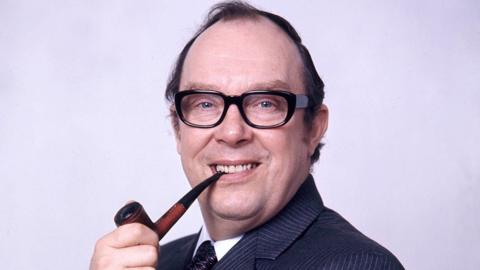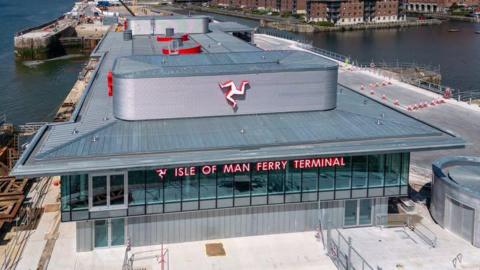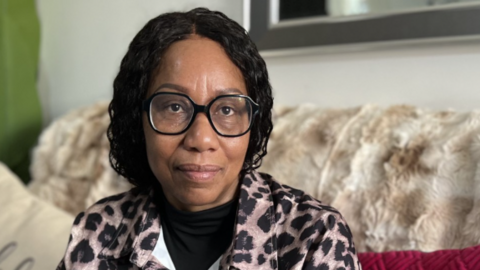'Probably 80% of the conversations I have are nothing to do with football'published at 17:31 GMT 31 October
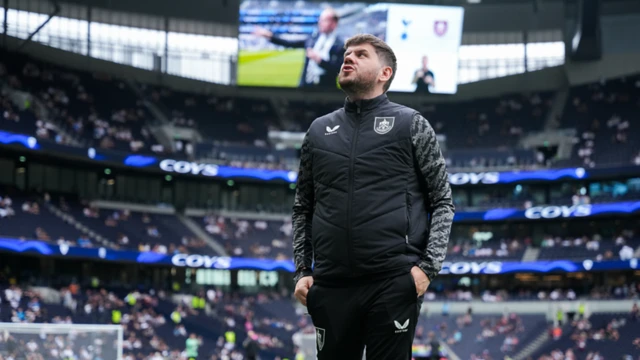 Image source, BURNLEY FC
Image source, BURNLEY FCHave you ever wondered what happens behind the scenes at a football club?
BBC Bitesize sat down with members of staff from Burnley to find out more about their jobs and how they all contribute to the running of a football club.
Jack Tebbutt is currently the first-team player care lead at Burnley. His role is far removed from tactics boards and team talks. He's there to provide support to the players, and other staff, on the very varied issues that life can throw at them.
His role can vary from helping players with admin at home to sorting out flat tyres on the side of the road, guiding them in times of grief and assisting with matters around mental health.
"For a lot of our lads, just having someone in the building and knowing they've got a safety blanket is a big thing for them," he explains.
For him to have the most impact in his position, Jack says that the players' trust has to be earned, especially when new signings arrive. That's why he is always one of the first to greet any new players. However, gaining that trust can be tricky. Being curious about people and why they might not be trusting is an important part of the role for Jack.
"We, as people, judge people's behaviour all the time. In fact, we should become more curious about their behaviours," he believes.
"The manager knows that I'm giving the players support to make them thrive on the pitch, which only gives him an easier job."
Jack's phone is on 24/7 and he makes himself available to players whatever the situation. He's always there on matchday too. He explains that in the build-up to kick-off some players just want "a normal conversation that detracts from the game and the tactical stuff". Then, after 90 minutes he's there to offer honesty and support, but uses emotional intelligence to know what to say and when.
It's this emotional intelligence that Jack says is one of the key skills if you want to work in player care. This could be noticing when a player looks out of sorts on the training ground and explaining to the manager they are not just being lazy, but they have something going on at home. Or, it could involve interpreting a conversation a player has had with another member of staff.
"Players are not invincible… they might make a lot of money, but they still have problems that money doesn't take away," he says.
Read more about Jack and other members of staff at Burnley here
